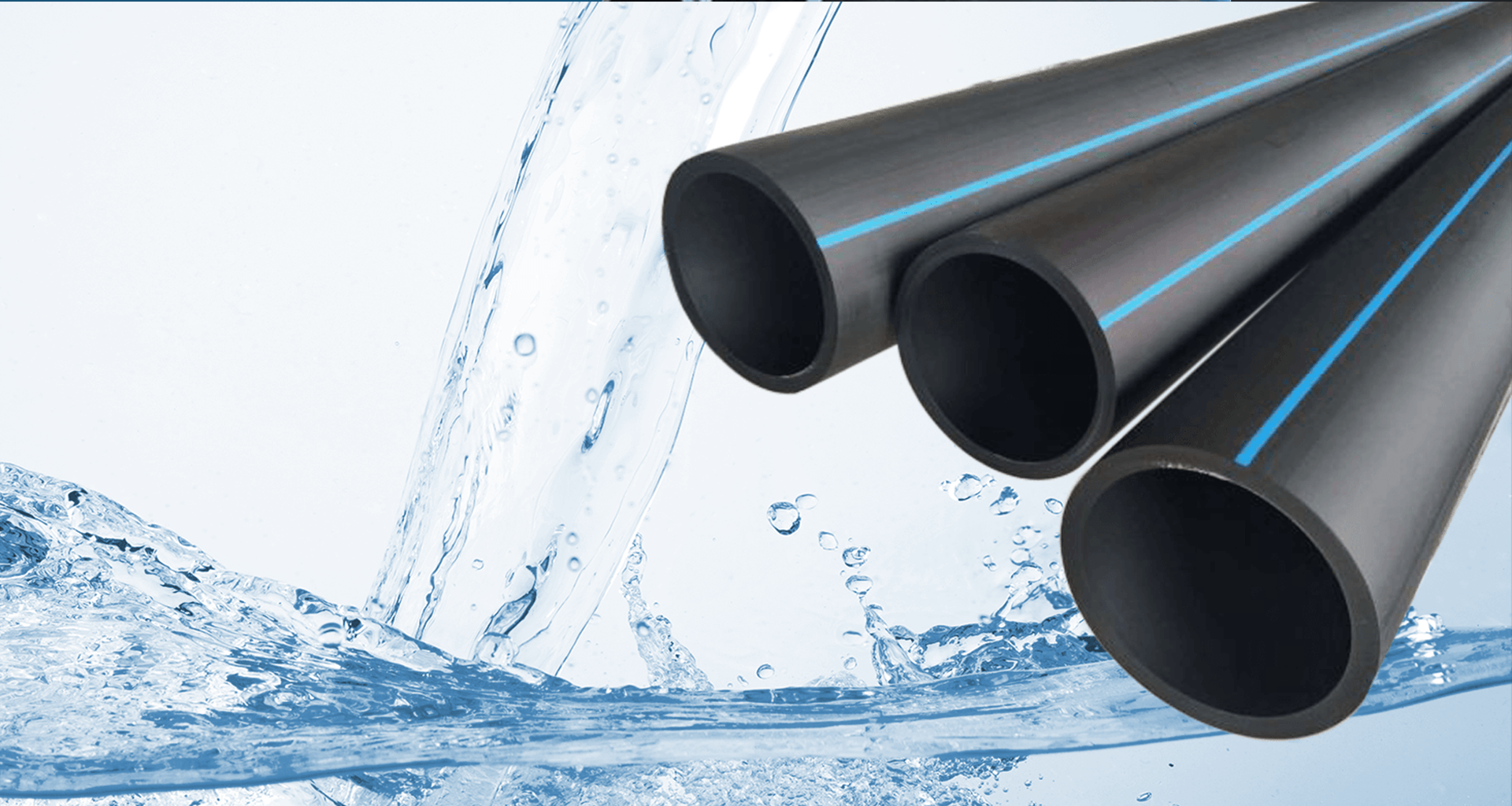High-density polyethylene (HDPE) pipes have become the preferred material for water treatment systems due to their exceptional performance and long-term benefits. This article explores the crucial role of HDPE in water treatment, highlighting its diverse applications, noteworthy advantages, and positive environmental impact.



Introduction:
Ensuring safe and efficient delivery of treated water is paramount for public health and well-being. In this regard, HDPE pipes have emerged as a leading material for water treatment infrastructure, offering a robust and reliable solution for transporting treated water across various applications.
Characteristics and Applications:
HDPE is a thermoplastic known for its exceptional strength, durability, and resistance to corrosion. These attributes make it ideal for underground piping applications, particularly in water treatment systems. HDPE pipes are utilized in:
- Water Distribution: HDPE pipes form the backbone of water distribution networks, delivering treated water from treatment facilities to homes and businesses. Electrofusion technology ensures leak-proof connections, guaranteeing optimal system performance.
- Raw Water Intake: HDPE pipes efficiently transport untreated water from source points to treatment plants, facilitating the initial stage of the water purification process.
- Wastewater Management: HDPE's smooth interior minimizes clogging and facilitates the efficient transport of wastewater within treatment facilities.
HDPE: A Sustainable Choice:
Beyond its performance benefits, HDPE is recognized for its environmental advantages:
- Resource Efficiency: HDPE production requires less energy and resources compared to traditional materials like metal pipes, leading to a smaller environmental footprint.
- Long-Term Durability: HDPE pipes boast a lifespan exceeding 50 years, significantly reducing the need for replacements and associated environmental impact.
- Recyclability: HDPE is a highly recyclable material, minimizing waste and contributing to a circular economy.
Additional Advantages:
- Temperature Tolerance: HDPE pipes excel in various climates, handling high temperatures without compromising their structural integrity or functionality.
- Electrofusion Installation: This efficient joining method ensures fast and reliable installation, minimizing construction time and disruption.
- Cost-Effectiveness: HDPE offers a cost-competitive solution compared to alternative materials, providing long-term value and minimizing maintenance expenses.
Conclusion:
HDPE pipes have significantly transformed the water treatment industry by providing a reliable, sustainable, and cost-effective solution for various applications. Their strength, durability, and environmental advantages make them the preferred choice for water infrastructure projects worldwide. As the demand for clean water continues to grow, HDPE pipes are poised to play an even more critical role in ensuring safe and efficient water delivery for generations to come.
Are you looking to enhance the performance and sustainability of your water treatment system? Consider the advantages of HDPE pipes. Contact Ironman Directional Drilling today to discuss your specific needs and explore how our expertise in HDPE pipe solutions can benefit your project.





